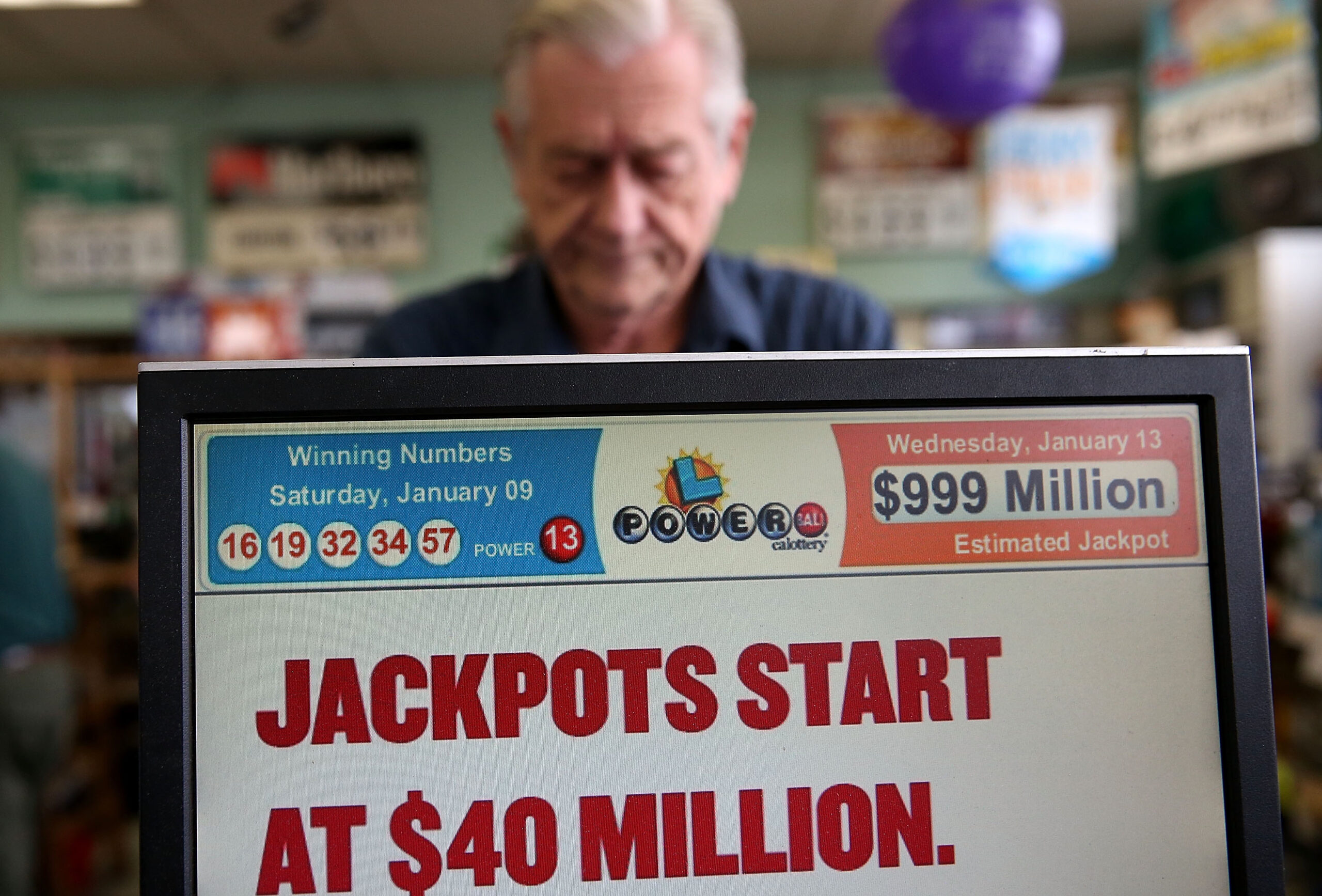
By The newspaper
02 Sep 2023, 11:50 AM EDT
If you receive a message in your email in which supposedly “Edwin Castro”, winner of the $2,000 million Powerball in California, promises to donate $2 million of his fortune, know that it is “spam” or “junk mail” communication. , and that has nothing to do with the new billionaire.
A reporter for this newspaper was one of the people who recently received such an email.
The message read as follows: “I hope you are having a great day. I know that this message may be strange or surprising to you. Congratulations to you, I am Edwin Castro. You have a donation of $2,000,000.00. I won the $2.04 billion ‘Power ball’ lottery in November 2022, I decided to donate part (of the money) to five lucky people and Ten Charities. Your email was victorious. Contact me urgently for claims”.
The communication ends with the phrase: “Cordial greetings, Edwin Castro.”
Castro is not making money donations. In fact, the Hispanic is struggling to keep his fortune after José Rivera sued him on the allegation that his winning ticket was stolen and that he is the true owner of the jackpot.
It is not the first time that the press has warned about “spam” emails with references to the winner of the highest amount drawn in the history of lottery games in the United States.
Last June, it emerged in a report in The US Sun that a similar email offered $800,000 to select individuals on Castro’s behalf.
The message, which also came from a dubious-looking email, included a link to the Guinness World Records page.
The email summoned the recipient to urgently contact “Mr. Raymond Bradson”, a name that appears linked to other scams of this type.
Spam emails can be very dangerous, since they compromise the personal data of the victims.
HTML spam messages may contain risky “scripts”. With these “scripts”, the issuer can hack data and passwords or activate viruses. Thus, it makes it easier for scammers to appropriate your personal information.
The Federal Trade Commission (FTC) indicates on its website that scammers can access your email, bank or other accounts; and they might even sell your information to other scammers.
If you receive this type of communication, do not answer the email as it exposes your data to scammers.
Among the recommendations of the entity to receive fewer communications of this type include filtering potentially spam emails to redirect them to a spam folder. “For example, if you see a spam email arrive in your inbox, be sure to mark it as spam or junk. In general, you can also block addresses or specific email domains (the domain is the part of the address of an email after @) ”, they explain from the Commission.
They also encourage using multiple email addresses: one for personal messages and another for purchases, newsletters, coupons, and other services.
Keep reading:
When is the next hearing in the lawsuit case against Edwin Castro for alleged theft of the winning $2 billion Powerball ticket?
Video shows mansion that Edwin Castro bought in California with part of the $2 billion Powerball; resembles that of “Iron Man” in Malibu
Edwin Castro case: the gaps in the story about the alleged theft of the $2 billion Powerball winning ticket in California
